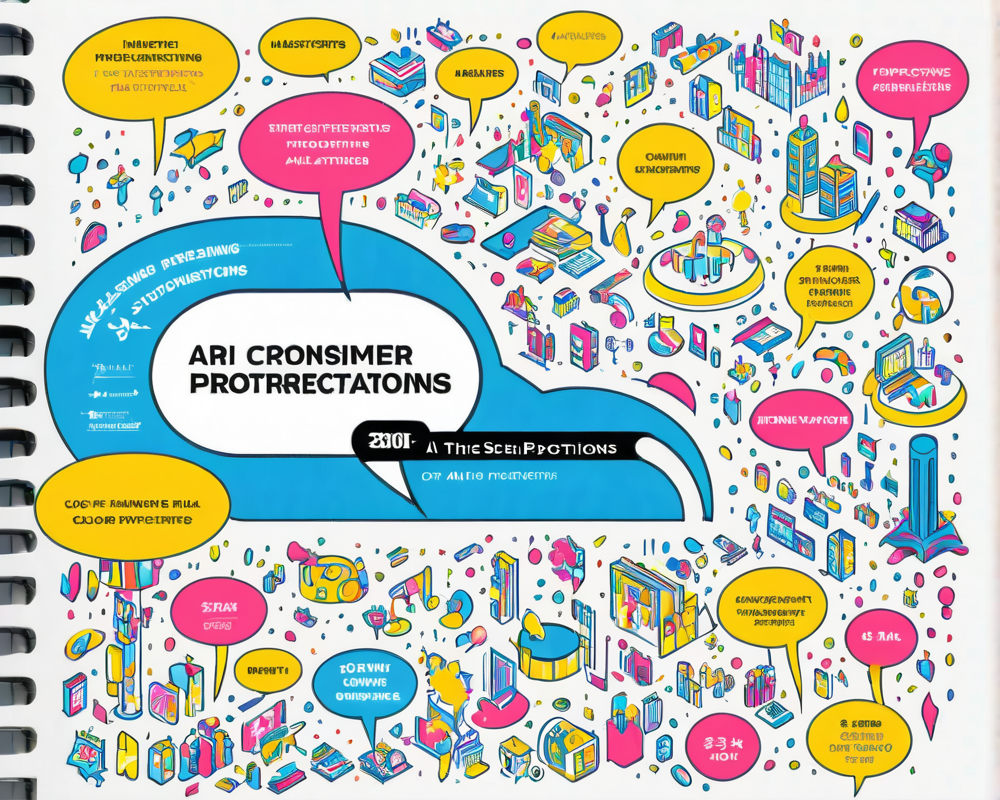Understanding the Bipartisan AI Bill
On June 14, 2023, a new chapter in digital legislation was penned as Senators Josh Hawley and Richard Blumenthal took a bold step towards more stringent regulations on AI companies. This bipartisan initiative aims to strip away the special shields provided to AI firms under Section 230 of the Communications Decency Act of 1996. Why? So consumers can finally have the ability to sue when AI systems go rogue. It seems like both sides of the aisle can agree on one thing: AI should be held accountable when it messes up!
What is Section 230?
For those scratching their heads, Section 230 is that part of the law that has provided a friendly blanket of immunity to online service providers over the years. In simple terms, it means these companies can dodge the liability for user-generated content unless they fail to act against illegal content. But does this safety net apply to AI companies like OpenAI and Google? That’s the million-dollar question.
What Did the Supreme Court Say?
Recently, the U.S. Supreme Court dived into the ongoing debate over Section 230 without making a splash. In a ruling involving a lawsuit against social media platforms, they upheld that companies can’t be held liable for recommendations made by their algorithms, much like your internet service provider isn’t to blame for the cat videos you watch until 2 AM. However, this left many wondering if generative AI falls under the same umbrella.
The AI Dilemma: Are They Safe?
During a Senate hearing, OpenAI’s CEO Sam Altman seemed to think there was ambiguity surrounding Section 230’s applicability to his company. When poked about being sued, Sam looked somewhat confused, wondering if consumers could really come after them in court. In this game of legal ping-pong, all eyes are now on Congress as they decide what the future holds for AI and consumer protections.
Potential Impacts on AI Regulations
If the bipartisan bill becomes law, it could signal an end to the free-for-all that some AI companies have enjoyed thus far. This legislation could lead to unprecedented accountability, meaning that if an AI tool gives you terrible advice, you might just have a ticket to the courtroom. Of course, this raises questions about the definitions of “online service” and how they fit into this rapidly evolving tech landscape.
Join the Conversation
The discussion about the implications of this bill is far from over. A forum on June 21 at The Brookings Institution promises to be a lively debate on this topic with experts weighing in. Will they bring clarity or add another layer of confusion? Stay tuned!



